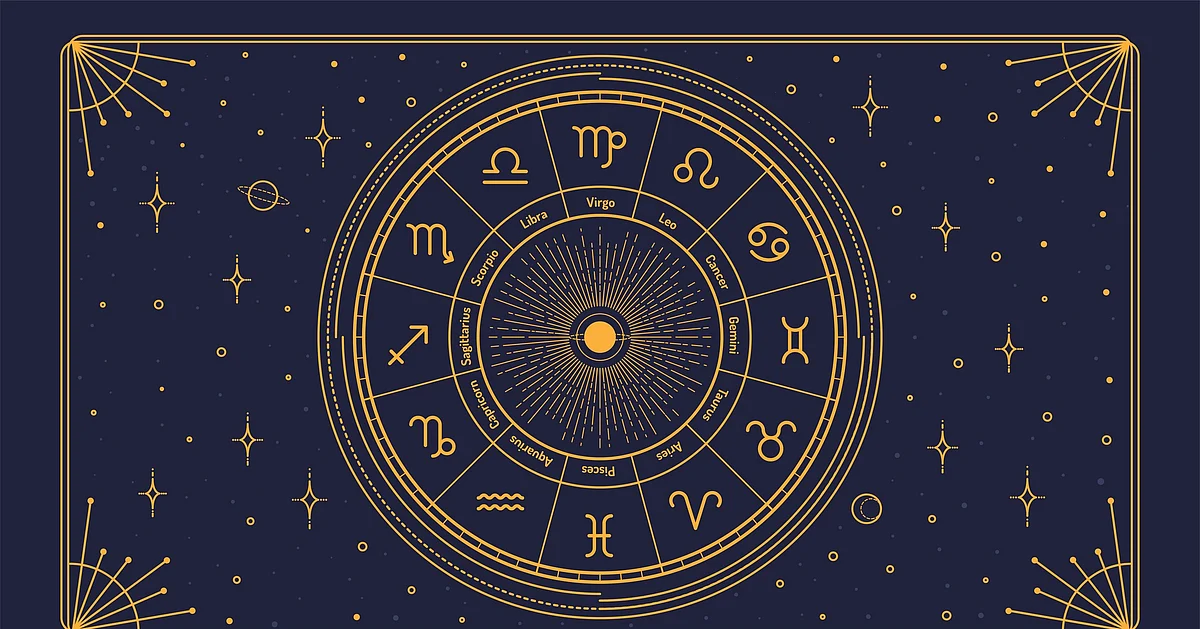
Doctors studying the DNA of Maria Branyas Morera, who lived to the remarkable age of 117, have identified a surprising dietary element that may have contributed to her longevity. Until her passing in August 2024, Maria held the titles of the world’s oldest verified living person and the oldest Spanish person ever, reaching the age of 117 years and 168 days.
Born in the United States, Maria relocated with her family to Catalonia in 1915. Throughout her life, she witnessed and survived numerous historical events, including wars, social upheavals, and pandemics. Notably, she overcame a bout of Covid-19 at the age of 113. Driven by a desire to share the secrets of her extended lifespan, Maria requested that doctors study her DNA to potentially ‘help others’ achieve similar longevity.
Unveiling the Secrets of Longevity
Before her death, Spanish doctors collected a range of biological samples from Maria, including blood, saliva, urine, and stools, to create a comprehensive biological profile. These samples were then analyzed to examine her genetics and cell structures, and compared with those from other elderly individuals. The research revealed that Maria’s biological age was between 10 and 15 years younger than her actual age at the time of her death.
According to Dr. Manel Esteller, the lead researcher, Maria’s extended lifespan was attributed to a combination of genetic and lifestyle factors. “Maria’s parents gave her very good genes, but we cannot choose our parents,” Dr. Esteller told The Times. However, the researchers emphasized that genetic inheritance was not the sole factor in Maria’s longevity.
The Role of Lifestyle Choices
Maria’s active lifestyle played a significant role in her longevity. Reports from her nursing home indicated that she maintained physical activity for as long as possible. She was neither overweight, nor did she smoke or drink, and she enjoyed a vibrant social life.
One particular aspect of Maria’s lifestyle that intrigued researchers was her fondness for yoghurt, specifically the Spanish brand La Fageda, which she consumed up to three times a day. Yoghurt is known to support gut health, provide essential nutrients, and boost immunity. Research suggests that probiotics, found in yoghurt, can reduce the ‘incidence, duration, or severity’ of illnesses such as flu and coronavirus.
Dietary Habits and Gut Health
Maria also started her day with a smoothie containing eight different cereal varieties. According to Eloy Santos, a PhD student at the Josep Carreras Leukaemia Research Institute, the high amounts of healthy bacteria and fibre in her diet were ‘beneficial populations in the gut, making them thrive’ (via The Telegraph).
The findings underscore the importance of dietary habits in promoting longevity. The combination of a balanced diet rich in probiotics and fibre, along with an active lifestyle, appears to have played a crucial role in Maria’s extended lifespan.
Expert Insights and Future Implications
Dr. Esteller concluded the study by stating, “The conclusion is that the clues for extreme longevity are a mix between what we inherited from our parents and what we do in our lives. And this mix, the percentage depends, but it can be … half and half.”
The research into Maria’s life and habits provides valuable insights into the potential factors contributing to longevity. As scientists continue to explore the complex interplay between genetics and lifestyle, these findings may pave the way for new strategies to enhance health and extend life expectancy.
Looking ahead, further studies are needed to explore the specific mechanisms through which dietary and lifestyle choices impact longevity. Meanwhile, Maria’s story serves as an inspiring example of how a balanced diet and active lifestyle can contribute to a long and healthy life.







